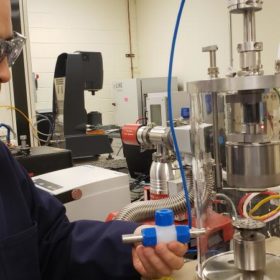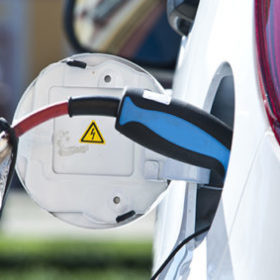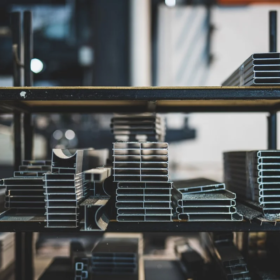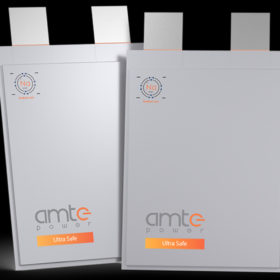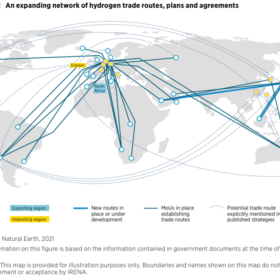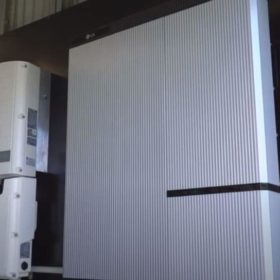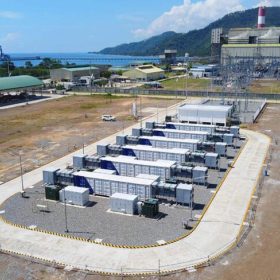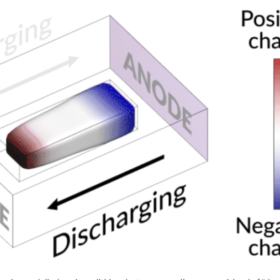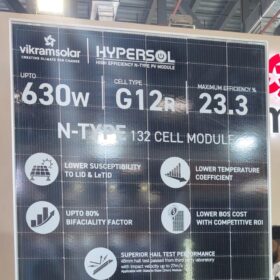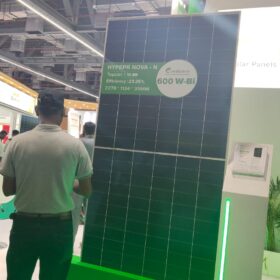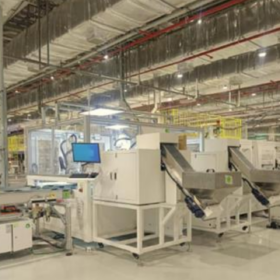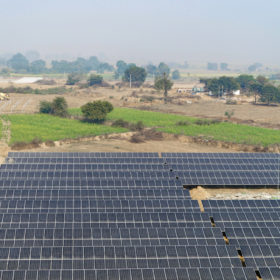Forget batteries, what if surplus renewable energy could be stored as information?
A pair of researchers from UC San Diego has proposed to precompute certain data when the grid is flooded with solar or wind power, and then store it on servers for later use.
Cobalt-free, solid-state, lithium-ion battery plant opens in Silicon Valley
U.S-based solid-state battery start-up Sparks has opened a pilot plant for its patented lithium battery technology based on zero cobalt cathodes. The company wants to challenge China’s dominance in next-gen battery development.
Industry heavyweights look to solid-state battery cells, resources, and recycling
Mercedes-Benz has teamed up with ProLogium to integrate solid-state battery technology into a range of passenger vehicles; Panasonic and Toyota have launched an industrial-academic collaborative research program concerned with battery resources and recycling; and LG Energy Solution plans to spend $2.1 billion with General Motors to build another electric vehicle battery plant in the U.S.
Huge aluminum demand expected in solar industry, concerns arise on emissions
Researchers from the University of New South Wales (UNSW) predict that growth to 60TW of photovoltaics needed to rapidly reduce emissions to ‘net zero’ and limit global warming to <2 °C could require up to 486 Mt of aluminium by 2050. A key concern for this large aluminium demand is its large global warming potential.
Sodium-ion battery tech gets commercial testing in UK
Harwell Campus will provide a testbed for energy storage technologies coming from three U.K.-based innovative businesses, bringing their solutions one step closer to the market.
Green hydrogen could disrupt global trade, bilateral energy relations
While there are still many uncertainties as to the way in which hydrogen trade might evolve and change economic ties and political dynamics between countries, experts agree that green hydrogen can bring winds of change to the global energy arena. According to the International Renewable Energy Agency, significant geoeconomic and geopolitical shifts are just around the corner.
LG Energy Solution IPO attracts $80bn in bids
LG Chem’s energy storage and battery division’s $10.7 billion initial public offering received a staggering response from institutional investors, Reuters has reported.
Philippines’ SMC to start operation of 690MW of batteries
Filipino conglomerate San Miguel Corp aims to complete 1GW of battery storage projects this year to make way for the integration of some 3GW of intermittent renewable energy generation.
Bringing dead lithium back to life to boost battery lifespans
Researchers at Stanford University and the US Department of Energy’s SLAC National Accelerator Laboratory have explored the potential recovery of lost capacity in lithium batteries by using an extremely fast discharging step to reconnect an island of inactive lithium with the anode. Adding this extra step slowed the degradation of their test battery and increased its lifespan by nearly 30%.
Reliance Industries to acquire sodium-ion battery provider Faradion
Reliance Industries said its solar unit will buy UK-based sodium-ion battery technology provider Faradion for GBP100 million (US$135 million) including debt, as the Indian conglomerate pushes forward with its ambitious plan to move into the renewable energy industry.


